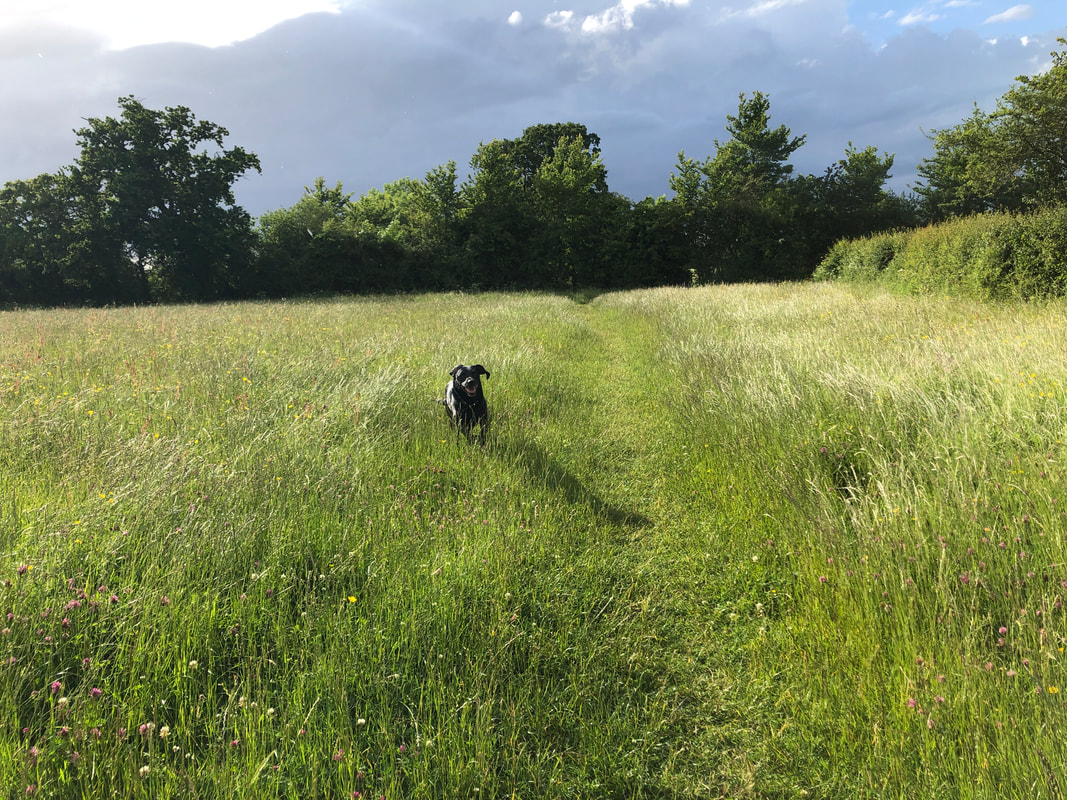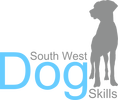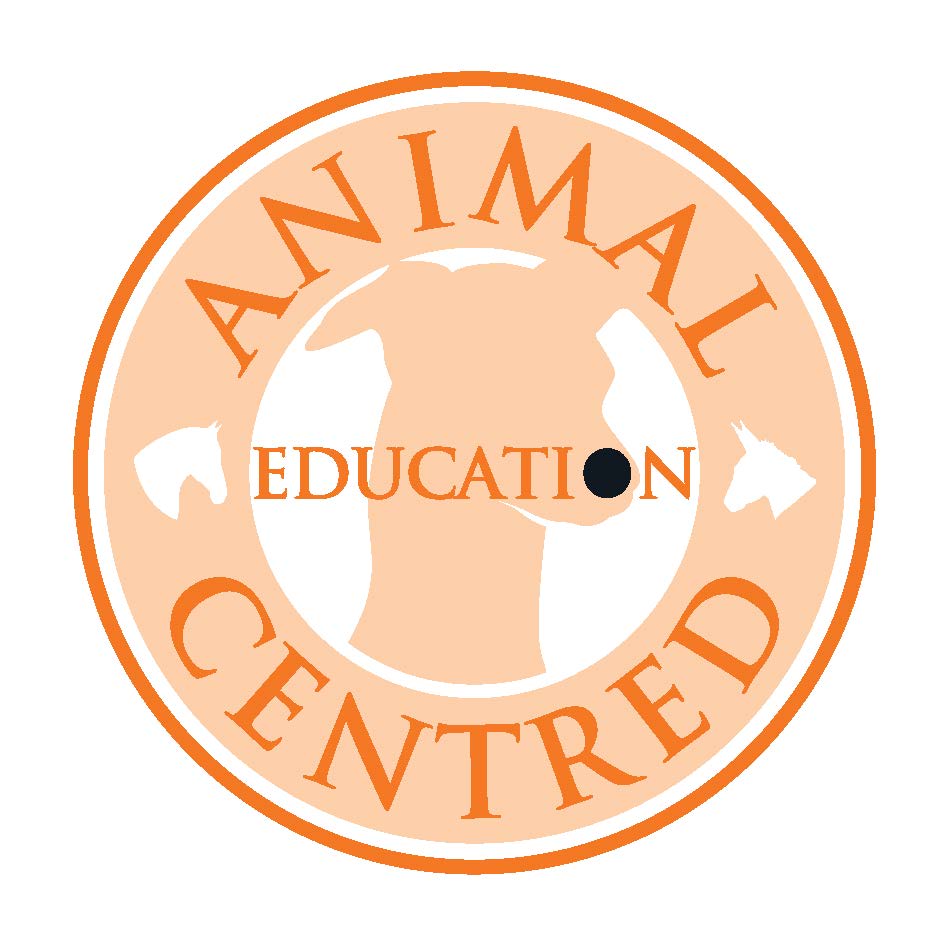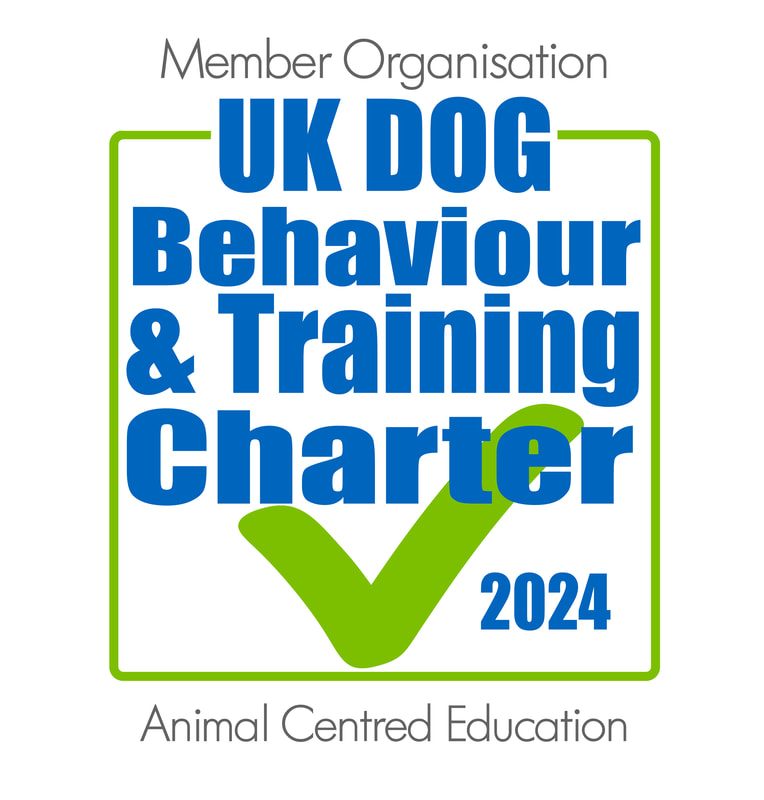 What an exciting time, getting a puppy! To give your puppy the best start in life it’s important to give them the key life skills to be able to deal with the world as they grow and develop. It’s also important to raise a puppy who fits into society and is not a bother to other humans or dogs. Part of this involves coaching a reliable recall. A recall is the ability to call your dog and for them to return to you. The fundamental thing to remember with a recall is that the dog doesn’t feel that they ‘have’ to come to you when called, but they ‘want’ to come to you. Start coaching a recall as soon as you can, with all coaching it is important to start in a low distraction environment. Below are the things you need to get together before you start:
Stages of coaching a recall Start off in the house, your puppy will be used to the sights and smells so it will be easier for them to concentrate on what you are teaching them.
What is a marker? A marker is something that you say i.e. ‘Yes’, ‘Good’ or ‘Nice’ or the use of a clicker to mark a desired behaviour. This is always followed by something the puppy enjoys – such as a food reward, play or fuss. The puppy therefore pairs behaviours with something nice happening, which increases the chance of those behaviours being repeated. You should find a food reward is enjoyable for your puppy but remember they may prefer a toy or physical fuss so find out what motivates your dog. Teach a release and play!
Don’t Rush! Please remember that the steps above cover the whole process of coaching a recall, these steps should be taught over a few sessions. It’s important to always set our puppy up to succeed so don’t rush things and keep coaching sessions short, max 5-10 minutes at a time depending on their age. You can repeat this a couple of times a day but when you are coaching or practicing a skill make sure you keep the session short. As the puppy (and you!) become tired, mistakes and frustration can occur and learning will be hindered. It’s also important to only call them when you are 95-100% sure they will come back. If you call them but they don’t perform the behaviour they have failed and no learning of how to complete a recall will take place. This could also lead to frustration on your part. Success leads to success It’s important to always set our puppy up to succeed, if their experiences and coaching sessions are successful and enjoyable their learning will be accelerated. It’s important when teaching a new skill to start in a low distraction environment to help ensure success. As your puppy becomes proficient in the skill in this environment you can then move to a higher distraction environment. It helps to think of it like a video game, you need to start at level 1 before being able to ‘graduate’ to the next level. The below gives and example: Level 1: In the home Level 2: In the garden Level 3: On a quiet side street Level 4: A field without other dogs/humans Level 5: A field/park with dogs/humans/children or a busy high street If you find your puppy disengaging, such as sniffing, scratching or drinking they may be finding the task too difficult or are not sure what you are asking them to do. If you spot these signs it’s important to stop and give your puppy some downtime. Come back to the session again later but simplify what you were asking them to do by going back a step or 2 on the above stages. Troubleshooting
Progressions Think about adding variety to the end of the recall, here are a few games you can incorporate:
Find out more about our Puppy Coaching classes
0 Comments
Leave a Reply. |
Telephone07946222541
|
|

 RSS Feed
RSS Feed


